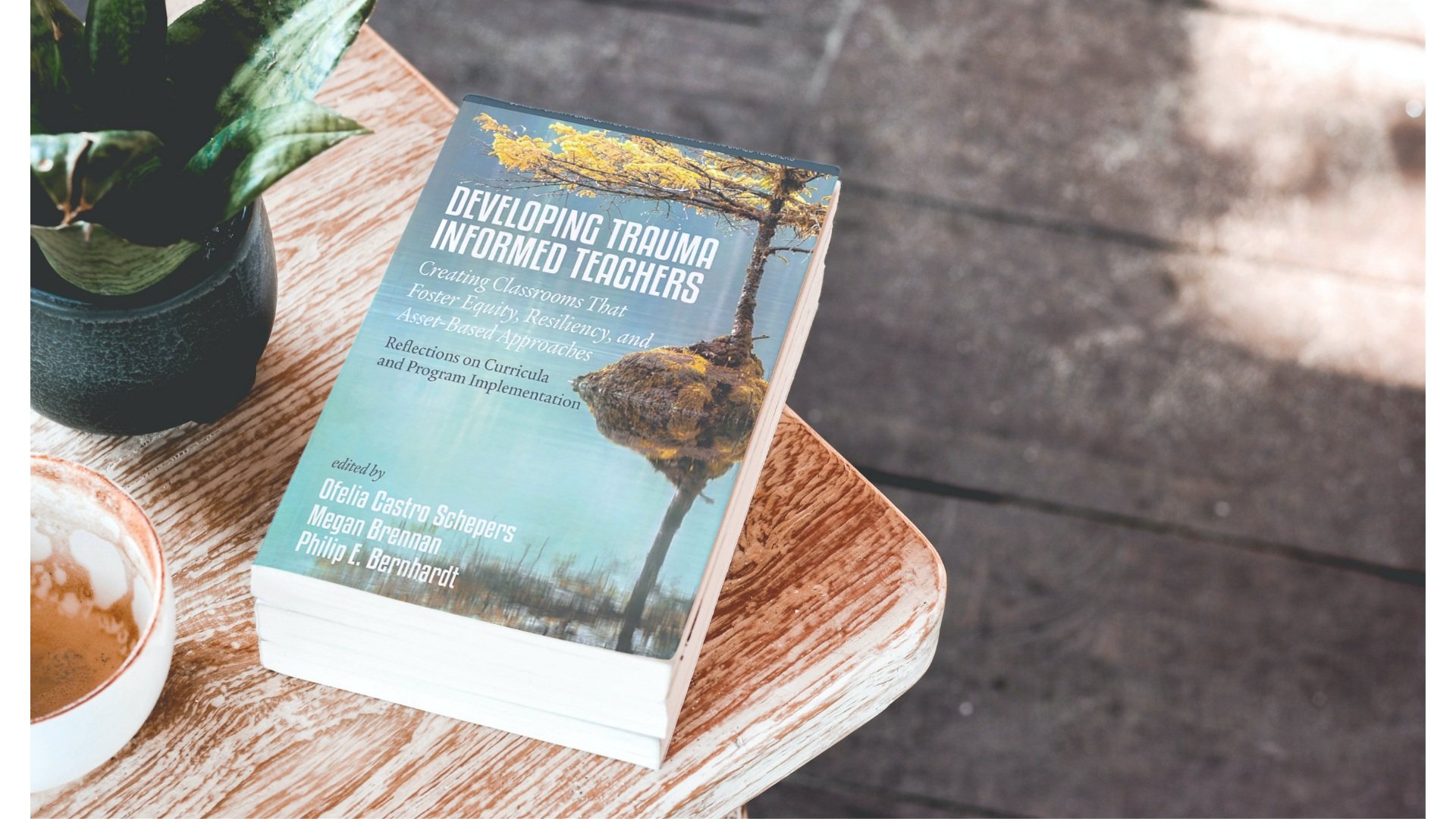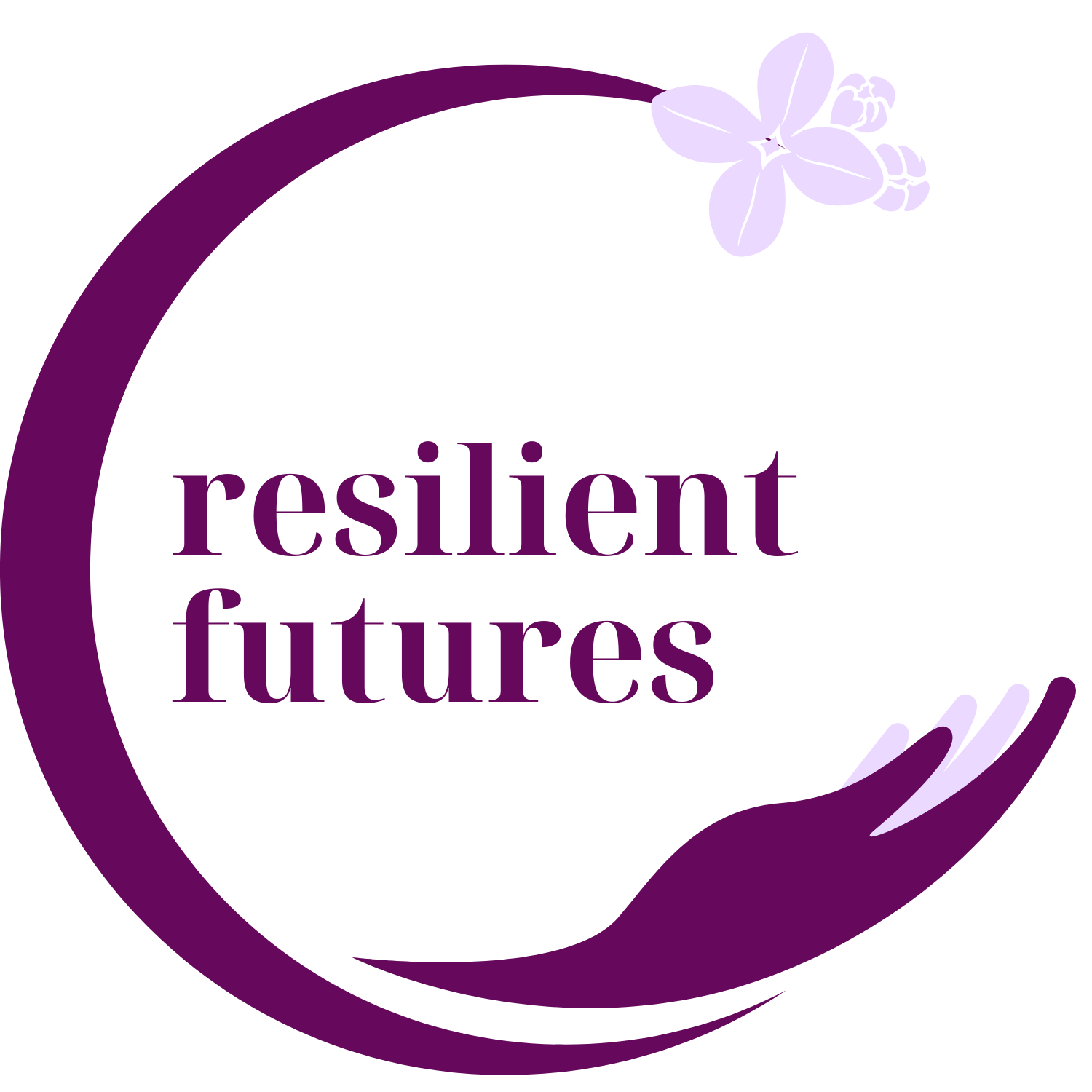
How Trauma-Informed Schools Support Students and Families After Natural Disasters
When a natural disaster strikes—the emotional and psychological toll on students and families can last for months, even years. Schools, can be a powerful force in disaster recovery. By implementing trauma-informed practices, Educators and school staff can help students process their emotions, and build resilience in the wake of crisis.
Building Emotional Resilience: The Importance of Trauma-Informed Practices in Middle Schools
For Middle School teachers and leaders, incorporating trauma-informed practices can make a big difference in helping students build resilience, strengthen relationships and develop self-regulation skills. By creating safe and supportive learning environments, we can help students navigate the ups and downs of middle school with confidence.
Trauma-Informed Teaching: Supporting Students during the Holidays
The holiday season is often depicted as a time of joy and togetherness, but for many children, it can be a period of increased stress and emotional upheaval. Students from dysfunctional or trauma-impacted homes may experience amplified feelings of loneliness, anxiety, or instability, making it difficult to focus or thrive in school. For educators, employing trauma-informed teaching practices during the holidays can foster a sense of safety, inclusion, and community, offering much-needed support to students who may lack this at home.
Free Download: Guide to Neuroception and Childhood Trauma
Understanding how students react to their environment—whether with openness or defensiveness—is critical to creating a trauma-informed classroom. Neuroception refers to the brain’s ability to unconsciously evaluate safety and danger, impacting a child’s emotional and physiological responses. This guide is designed to provide foundational education about neuroception, helping educators understand its intersection with trauma while offering a variety of trauma-informed strategies for creating safe, supportive learning environments.
Myth-Busting: Dispelling Common Misconceptions about Trauma-Informed Teaching Practices
Despite growing awareness, several myths persist about what trauma-informed education is and isn't. Let’s debunk some of these misconceptions with insights from experts, providing educators with a clearer understanding of what it means to implement trauma-informed practices in schools.
Free Download: Building Community in the Classroom: A Guide to Connection Circles
Free Downloadable Guide for Educators: Connection Circles are a research-backed strategy for fostering resilience, and directly support Resilient Futures 3 C’s of Resilience. Through consistent engagement in Connection Circles, educators can deepen relationships, promote healthy communication, and create a classroom community that supports equity, emotional well-being, and academic success.
Free Download: Creating a “Peace Place” for self-regulation in your classroom
One effective strategy for promoting self-regulation in classrooms of all ages is the creation of a “Peace Place” —a designated space where students can go to decompress, refocus, and regulate their emotions. Get our free downloadable guide to create a Peace Place in your classroom, plus a set of wall posters and printable Peace Place worksheets!
Prepare for a Trauma-Informed School Year: An Educator Guide
At Resilient Futures, we believe that creating a trauma-informed classroom is essential for fostering a safe and nurturing learning environment. Trauma-informed practices not only help support students who have experienced trauma but also create a more inclusive and understanding atmosphere for all students and Educators. Here’s our Educator Guide to proactively set yourself up for success.
Free Educator Guide: Creating and Facilitating Peer-to-Peer Support Groups in Secondary Schools
Adolescence is a critical developmental period marked by significant physical, emotional, and social changes. Peer-to-peer support groups offer a structured and safe environment where students can connect with others facing similar experiences. These groups provide an essential outlet for sharing, understanding, and supporting one another, fostering a sense of belonging and community.
Best Practices: What Is Trauma-Informed Education
Trauma-informed education creates safe, supportive classrooms by recognizing trauma's impact on learning. Learn how it equips educators with tools to help students overcome trauma and succeed academically.
What is Trauma-Informed Leadership, and What Are the Benefits?
Discover trauma-informed leadership and its benefits for employee well-being and success. Learn how to create supportive workplaces by addressing the impact of trauma. Implement effective practices now.
Transforming Public Education with Trauma Informed Schools
Trauma-informed schools recognize and address the impact of trauma on students. By training staff to understand trauma and offering trauma-informed frameworks & strategies, these schools foster safe and supportive learning and working environments for students and educators alike. This article will cover the core principles, practical steps for implementation, and benefits of adopting trauma-informed practices in schools.

Developing Trauma-Informed Teachers
An Educational Book Series from Resilient Futures
[July 2022] Co-edited by Resilient Futures founder Megan Brennan, this volume of the series Contemporary Perspectives on Developing Trauma-Informed Teachers provides reflections, examples, and implementation guidance for the innovative and important ways educators develop and implement trauma-informed practices across their programs, instituting broader curricular shifts to incorporate trauma-informed practices.
[January 2023] Co-edited by Resilient Futures founder Megan Brennan, this volume of the series was driven by a deep desire to ensure that teacher candidates are thoughtfully prepared to more fully address students’ needs and create classroom environments that are safe for students and teachers.
Childhood Trauma:
An event(s) that a child finds overwhelmingly distressing or emotionally painful, often resulting in lasting mental and physical effects.
Many think of trauma as a single life-changing event, but more commonly trauma manifests as a series of events or patterns of abusive or neglectful behaviors that compound over time.
Understanding Childhood Trauma
In the Press

Give to further our Mission
More than ever, our schools and youth-serving communities are in need of trauma-informed education, training, and resources. Your tax-deductible gift will directly fund our program expansion efforts, enabling us to provide trauma-informed training and resources to a greater number of educators, schools, and youth-serving organizations.
Interested in learning more about our Trauma-Informed Futures© Programming & Services?














